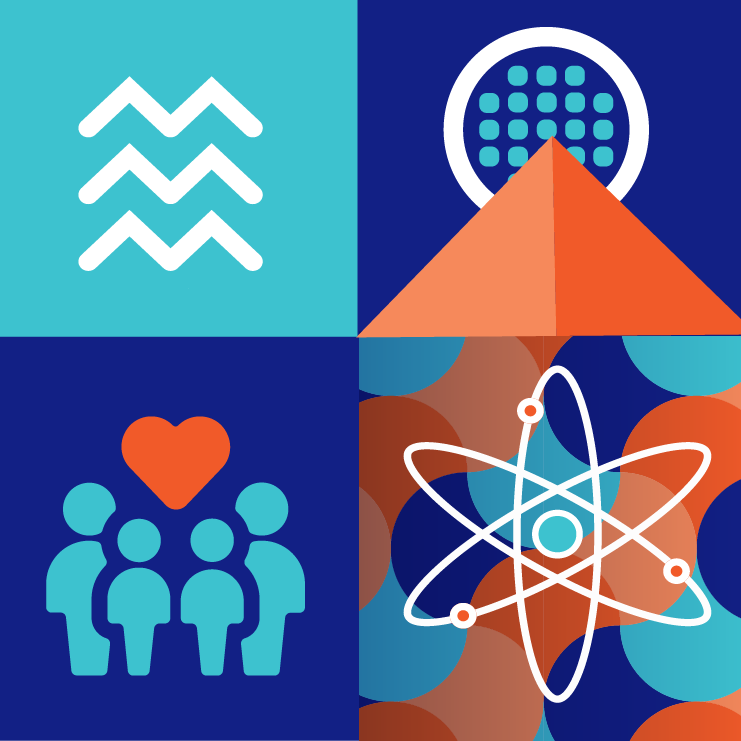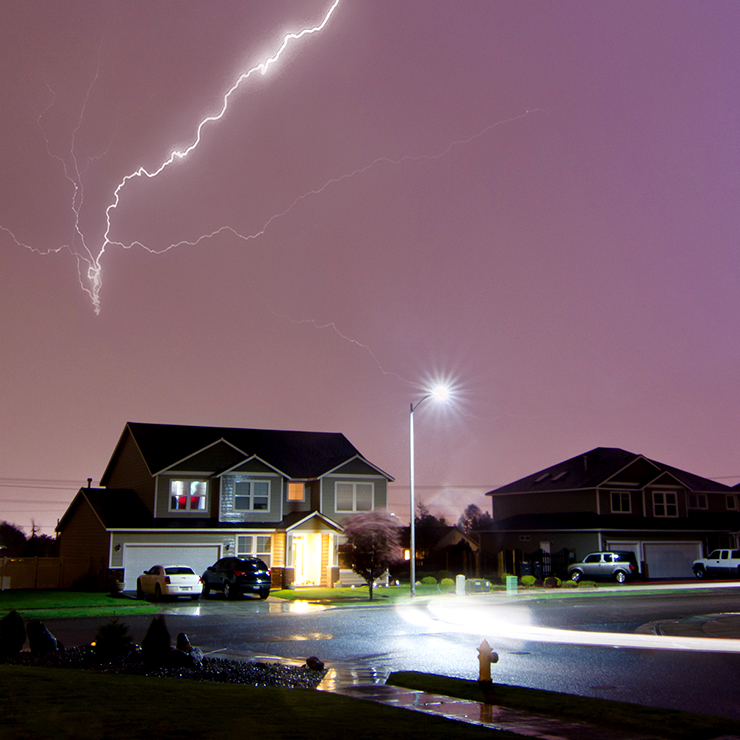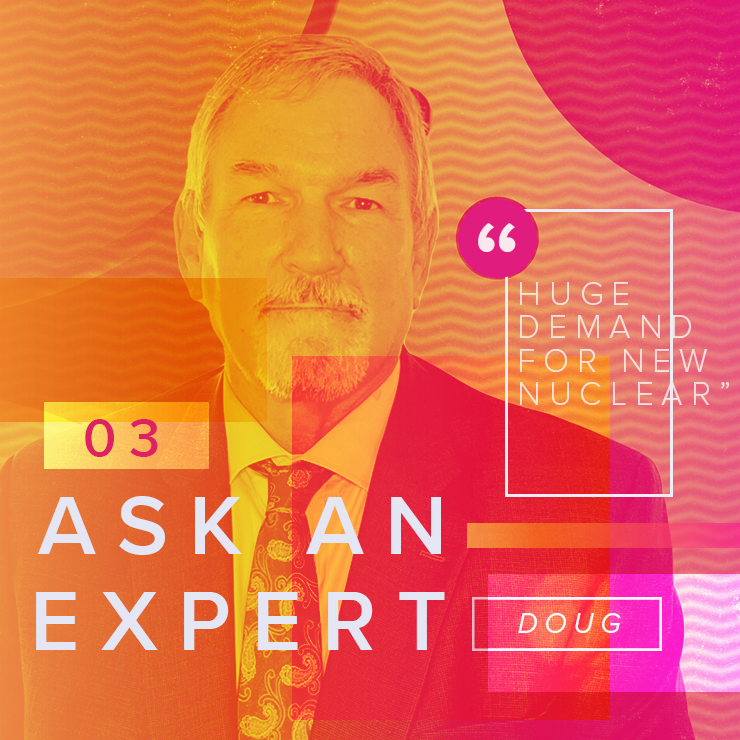Newsroom Archive

Few power plants allow pets onsite, but that number will grow in the coming years, as a new breed of dog is adopted by plant operators. Boston Dynamic’s “Spot” the dog has become world famous from viral videos of it doing everything from showing off its dance moves to training for the Iditarod. Last year, Spot joined the team at Duke Energy, and recently, it’s been helping the Oconee Nuclear Station safely perform inspections.

The holidays are coming up which means, for many of us, there are family dinners on the horizon. I don’t know about you, but my dinner table tends to be animated—filled with lots of laughter. But amid the lightheartedness, we also manage to talk about every hot button topic currently on America’s mind. This year, we’re seeing a combination of events centering nuclear energy as one of these topics. Here are some facts you can share.

What is the common thread connecting more than two dozen state capitals this year? It was an incredible curiosity for reliable, carbon-free nuclear energy. The appetite for information is clear, and the Nuclear Energy Institute is publishing a menu of different proposals to help lawmakers support advanced reactor technology.
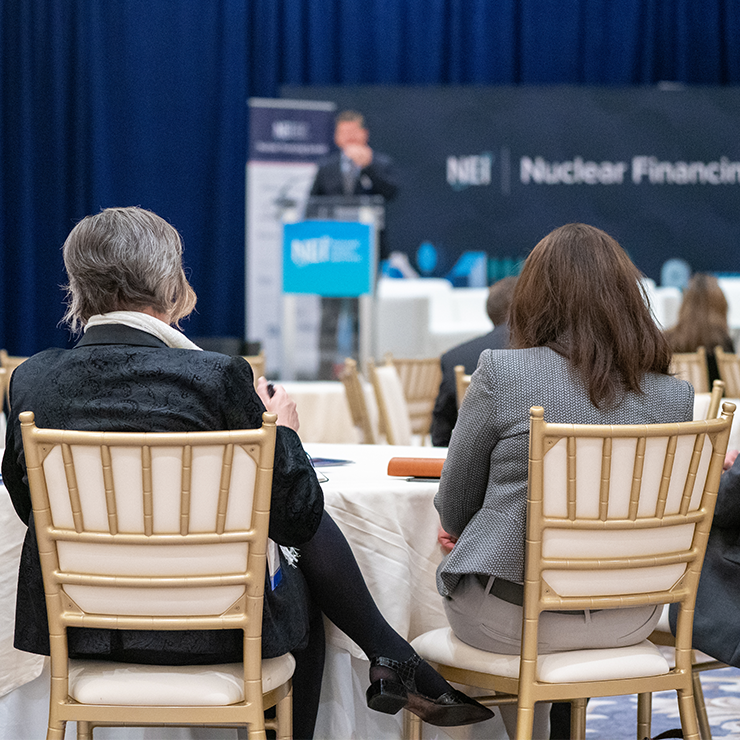
According to a new report by the Center for ESG and Sustainability (CESG), nuclear energy is an investible ESG asset. It’s imperative that the financial community and rating agencies recognize nuclear energy’s strong performance within ESG frameworks, in order to drive some of the trillions in international investment dollars toward game-changing, sustainable nuclear energy.

For me, nuclear energy has always meant the promise of clean, reliable and affordable energy. Today, I am not no longer unique in this belief. I am now joined by leaders around the world, policymakers on Capitol Hill and officials in the White House who are all recognizing that nuclear energy is critical to our energy future.
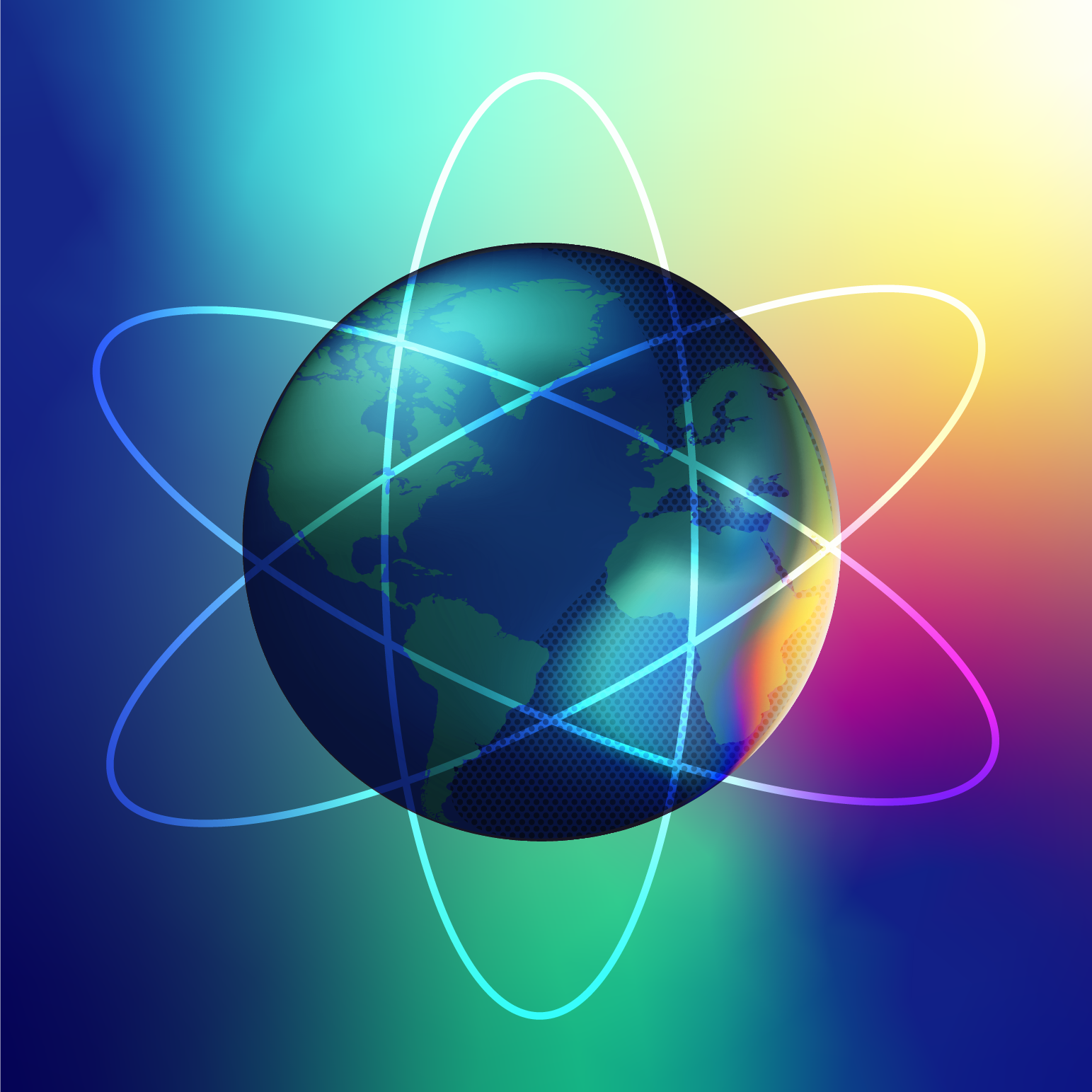
The Global Clean Energy Action Forum took place in Pittsburgh, Pennsylvania, where the focus was on clean energy action and the global transition to net-zero emissions. At this convening of global leaders, CEOs, innovators, civil society and more, nuclear energy was recognized as a key part of the solution.
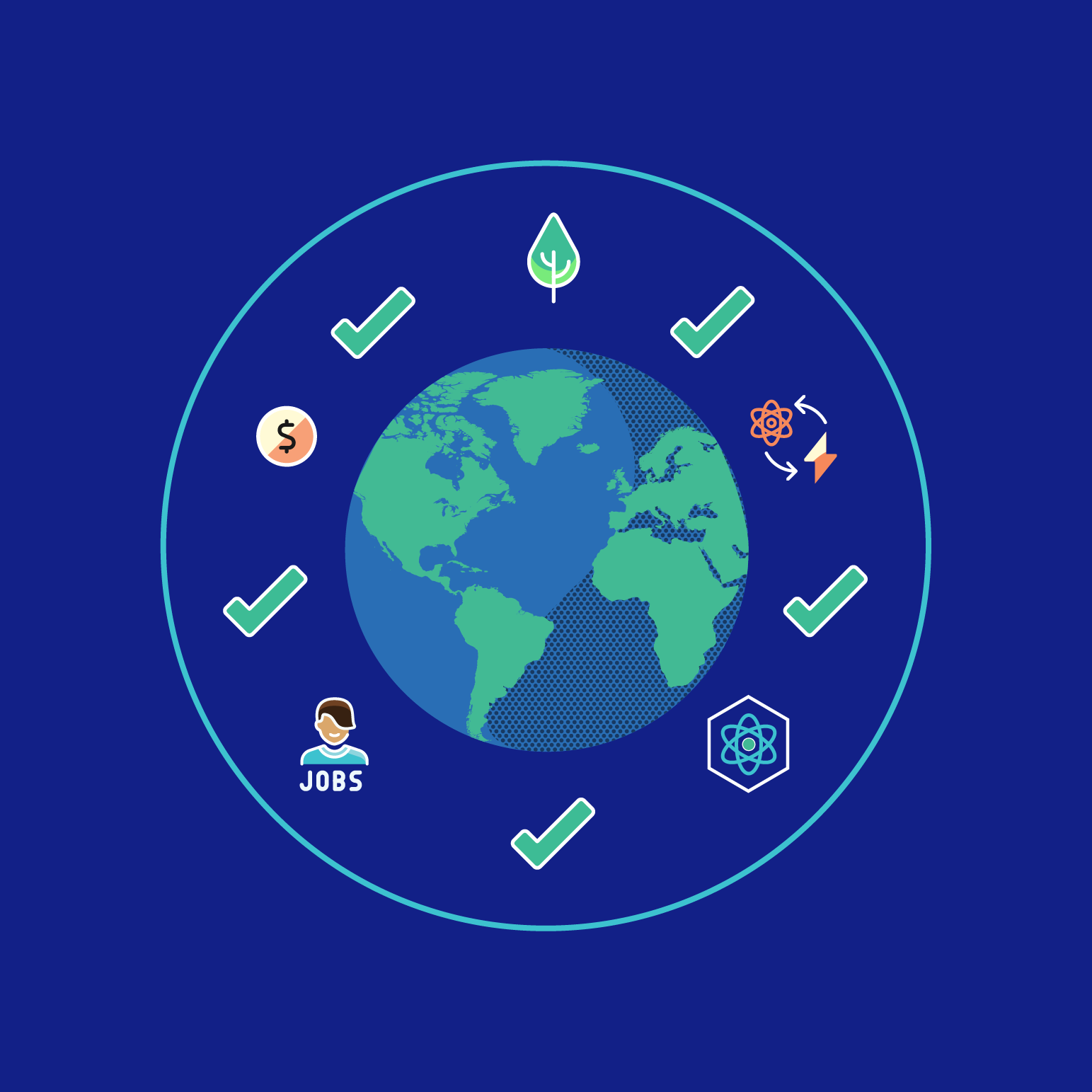
In order to address global warming, the world needs to go carbon-free. But our carbon-free future must work for people, as well as the climate. Keeping the lights on, providing job opportunities, ensuring affordable monthly bills, and reaching remote communities—these are all goals that our climate solutions need to achieve. The good news? We have a deployable source of energy that checks all these boxes: nuclear.

